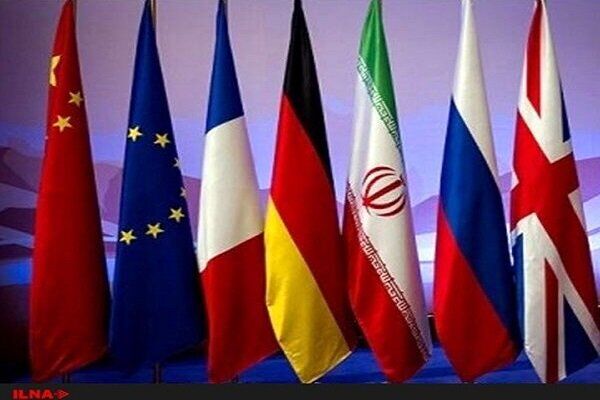The US Special Envoy on Iran Robert Malley said in a recent interview with PBS that Iran stockpile of enriched uranium is now 10 times more than 2017, admitting that former US President Donald Trump's 'Maximum Pressure' against Iran has failed.
He talked of US willingness to conduct indirect talks with Iran and its efforts to bring closer the standpoints of the two countries before Iran's presidential election in June.
Iran-China cooperation program signed last week was a game changer and carries a message; that is China is no longer concerned about US retaliatory measures.
'Credibility' is an important factor in today's world. It plays an important role in international strategic cooperation. Meanwhile, even Western politicians admit that Iran didn't enjoy economic benefits of the nuclear deal, originally signed to lift sanctions on Iran in return of limitations on its nuclear program.
Trump administration slapped over 1,500 sanctions against Iran after withdrawing from the deal, hindering Iran's economic benefits from the deal. However, Iran showed an incredible resilience to the maximum pressure and even accelerated its nuclear progress. But the question is why preserving the JCPOA is important for both sides?
The answer must be sought in significance of international credibility. Iran is well aware of its soft power and the fact that its influence in the region relies on this factor.
Iran is aware that economic and political ties in the future and international coalitions will be formed upon credibility of a country as a strong partner.
The United States and Europe proved in recent years in the issue of the JCPOA that they're not reliable partners as they sacrificed UN Security Council's decades-long credibility to bring Iran on its knees.
The goal was not achieved and now the US and Europe want to prevent further loss; in this regard, they want to introduce Iran as the violator of the JCPOA. But Iran is vigilant enough no to fall into this trap.
US Secretary of State has noticed the decline of US credibility in global arena and is taking every opportunity in meetings to put emphasis on Washington's adhering to the world rule-based order.
But Europeans are doubtful about obeying the US. Germany, for example, is trying to complete Nord Stream 2 pipeline, despite Joe Biden administration's clear demand and even US sanctions. Europe is not going to let US take its energy security hostage.
Who knows whether the next president of the United States is going to be someone even more hawkish that Donald Trump? Of course US hegemony won't hurt by such fluctuations in the short-term, but it is enough to encourage coalitions out of US reach.
With its internal energy resources, specialized human resources, the learned population and geographical extent, Iran's independence in decision making and its soft power has made it an ideal partner in a world which is striding towards bipolarity.
As a result, Iran sees benefit in preserving the JCPOA and sticking to international commitments. Western states, in the same way, want to preserve the deal to repair their hurt credibility.
9416**1416
Follow us on Twitter @irnaenglish





Your Comment